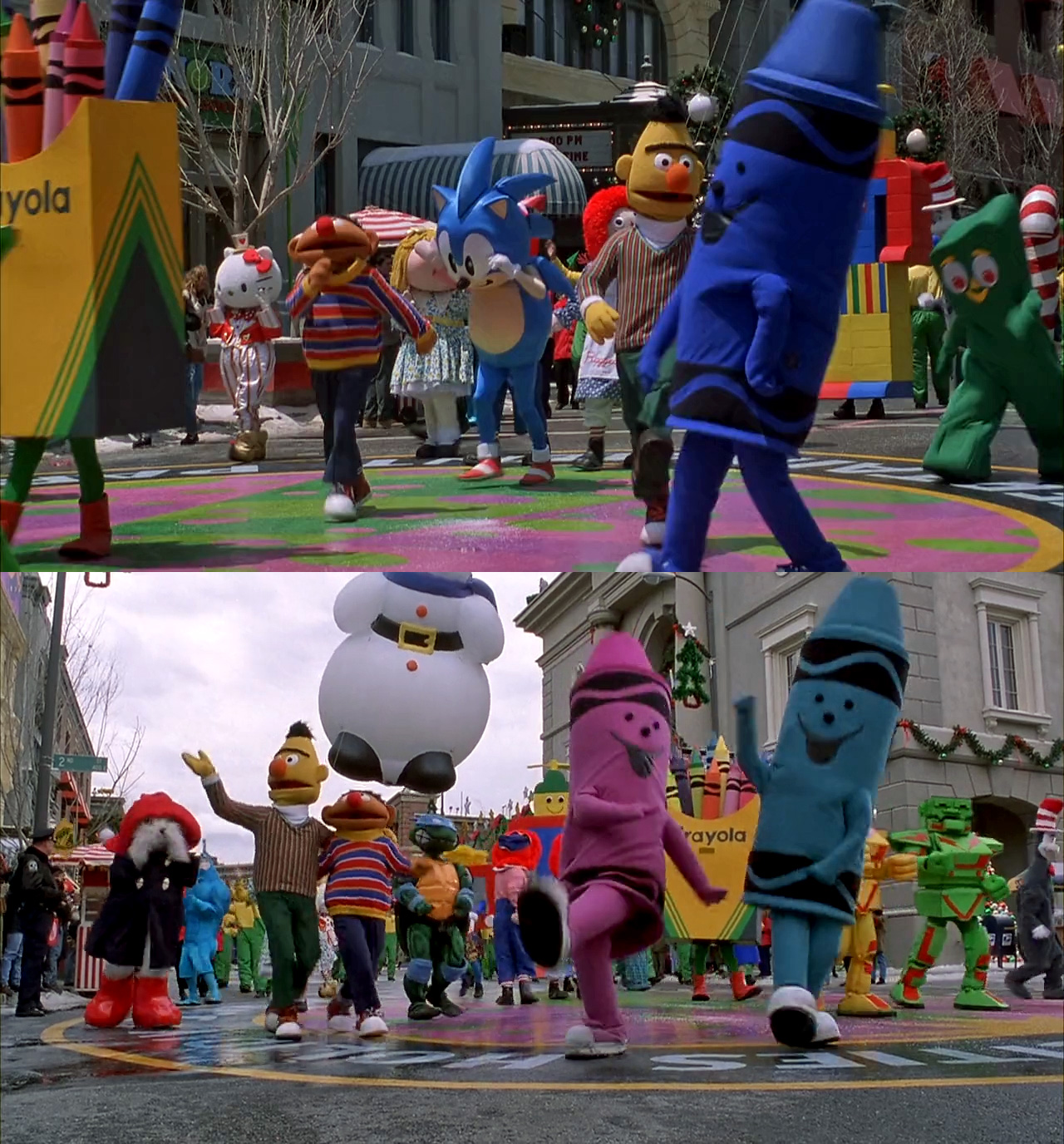

(Rouben Mamoulian, the director of the first production of Porgy and Bess, was also born in Tiflis.

Then there were the works he never wrote but only considered, for example, an opera called ‘That Tuneless Melody’ and a piano piece inspired by the name of Joseph Stalin’s birthplace – ‘A Slight Touch Of Tiflis’. He also wrote many popular songs, often with one-time Gershwin collaborator Irving Caesar, and several film scores. His work included two Sonatinas for piano, two string quartets, orchestral pieces: ‘Nocturne’, ‘Caprice’ and ‘Dirge’ in memory of Gershwin. In the early ’30s, Oscar studied composition with Joseph Schillinger and Arnold Schoenberg and was ranked alongside Charles Ives and Henry Cowell in new music circles. Although Oscar did not exclude George from his caustic remarks (to the question of whether Gershwin’s music would still be played in fifty years’ time, he reportedly replied “if he’s still alive it will be”), his real feeling for George was “undiluted idolatry”. Oscar and George soon became close friends, Oscar often playing the second piano part for George’s latest compositions. George listened to Oscar’s recording and pointed out to Oscar why his own recording was, of course, vastly superior! Oscar was quick to realise that George had a very high opinion of his own ability, but Oscar believed that this was completely justified. Oscar was living with his brother, Harry at the time, at 161 West 54th Street. Shortly after this, Oscar met George at his apartment on 110th Street. Oscar stepped in and so became the first pianist to record the Rhapsody after Gershwin himself. In 1925, Brunswick Records decided to make a recording of the Rhapsody in Blue but on the day of the session, the soloist failed to turn up.

Unable to make a living as a concert pianist, Oscar began in night clubs and theatre pits. He was the first of many celebrities that Oscar was to meet. Due to this connection, Levant was invited to play in an all-Paderewski students’ concert which the former Premier of Poland attended. After studying with Martin Miessler, a pupil of the Leipzig Conservatory, Oscar’s parents sent him to New York, at 15 years old, to study with Sigismund Stojowski, a pupil of Paderewski. His first piano teacher was his brother Ben, with whom he played Beethoven Symphonies for four hands at the piano.
OSCAR LEVANT PROFESSIONAL
Both his parents loved music and the theatre, and were delighted that three of their sons became professional musicians. Oscar Levant was born in Pittsburgh, the fourth of four boys. This describes a man whose quick, biting wit made him the Ian Hislop of his day and whose virtuosity at the piano made him the foremost interpreter of George Gershwin’s music, second only to Gershwin himself. “Professional sourpuss and a good-hearted neurotic” is how the composer Vernon Duke once described pianist, composer and personality, Oscar Levant. Oscar Levant and Oscar Levant in American In Paris


 0 kommentar(er)
0 kommentar(er)
